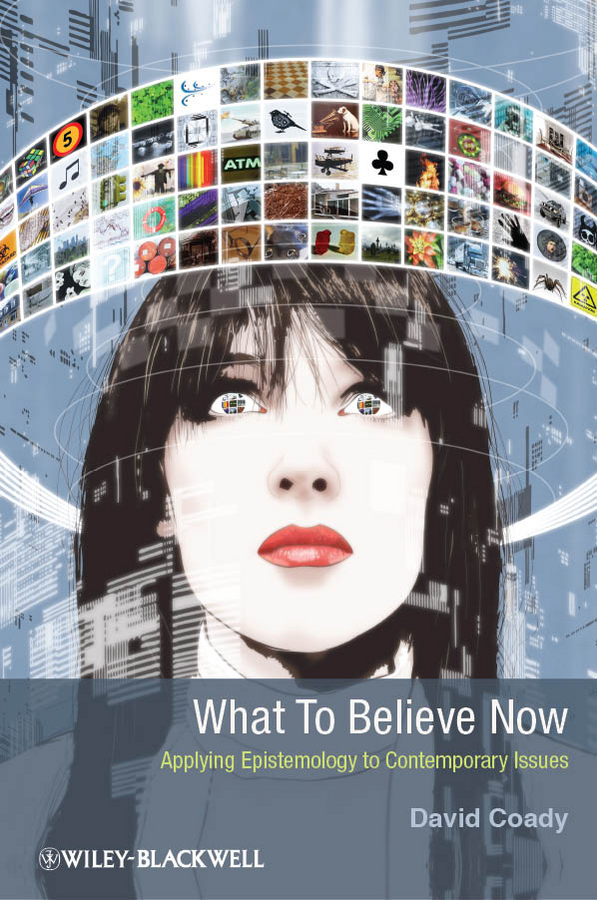Электронная книга: David Coady «What to Believe Now. Applying Epistemology to Contemporary Issues»

|
What can we know and what should we believe about today's world? What to Believe Now: Applying Epistemology to Contemporary Issues applies the concerns and techniques of epistemology to a wide variety of contemporary issues. Questions about what we can know-and what we should believe-are first addressed through an explicit consideration of the practicalities of working these issues out at the dawn of the twenty-first century. Coady calls for an'applied turn'in epistemology, a process he likens to the applied turn that transformed the study of ethics in the early 1970s. Subjects dealt with include: Experts-how can we recognize them? And when should we trust them? Rumors-should they ever be believed? And can they, in fact, be a source of knowledge? Conspiracy theories-when, if ever, should they be believed, and can they be known to be true? The blogosphere-how does it compare with traditional media as a source of knowledge and justified belief? Timely, thought provoking, and controversial, What to Believe Now offers a wealth of insights into a branch of philosophy of growing importance-and increasing relevance-in the twenty-first century. Издательство: "John Wiley&Sons Limited"
ISBN: 9781444362091 электронная книга Купить за 2181.42 руб и скачать на Litres |
Другие книги схожей тематики:
| Автор | Книга | Описание | Год | Цена | Тип книги |
|---|
См. также в других словарях:
epistemology — epistemological /i pis teuh meuh loj i keuhl/, adj. epistemologically, adv. epistemologist, n. /i pis teuh mol euh jee/, n. a branch of philosophy that investigates the origin, nature, methods, and limits of human knowledge. [1855 60; < Gk… … Universalium
Christianity — /kris chee an i tee/, n., pl. Christianities. 1. the Christian religion, including the Catholic, Protestant, and Eastern Orthodox churches. 2. Christian beliefs or practices; Christian quality or character: Christianity mixed with pagan elements; … Universalium
Judaism — /jooh dee iz euhm, day , deuh /, n. 1. the monotheistic religion of the Jews, having its ethical, ceremonial, and legal foundation in the precepts of the Old Testament and in the teachings and commentaries of the rabbis as found chiefly in the… … Universalium
Conscience — Not to be confused with consciousness. For other uses, see Conscience (disambiguation). Vincent van Gogh, 1890. Kröller Müller Museum. The Good Samaritan (after Delacroix). Conscience is an aptitude, faculty, intuition or judgment of the … Wikipedia
Utilitarianism — This article discusses utilitarian ethical theory. For a discussion of John Stuart Mill s book Utilitarianism, see Utilitarianism (book). For the architectural theory, see Utilitarianism (architecture) Part of a series on … Wikipedia
Dilthey, Wilhelm — Dilthey Michael Lessnoff INTRODUCTION Wilhelm Dilthey was born in 1833 near Wiesbaden, and thus lived through the period of Bismarck’s creation of a unified German Empire by ‘blood and iron’. These turbulent events, however, scarcely perturbed… … History of philosophy
